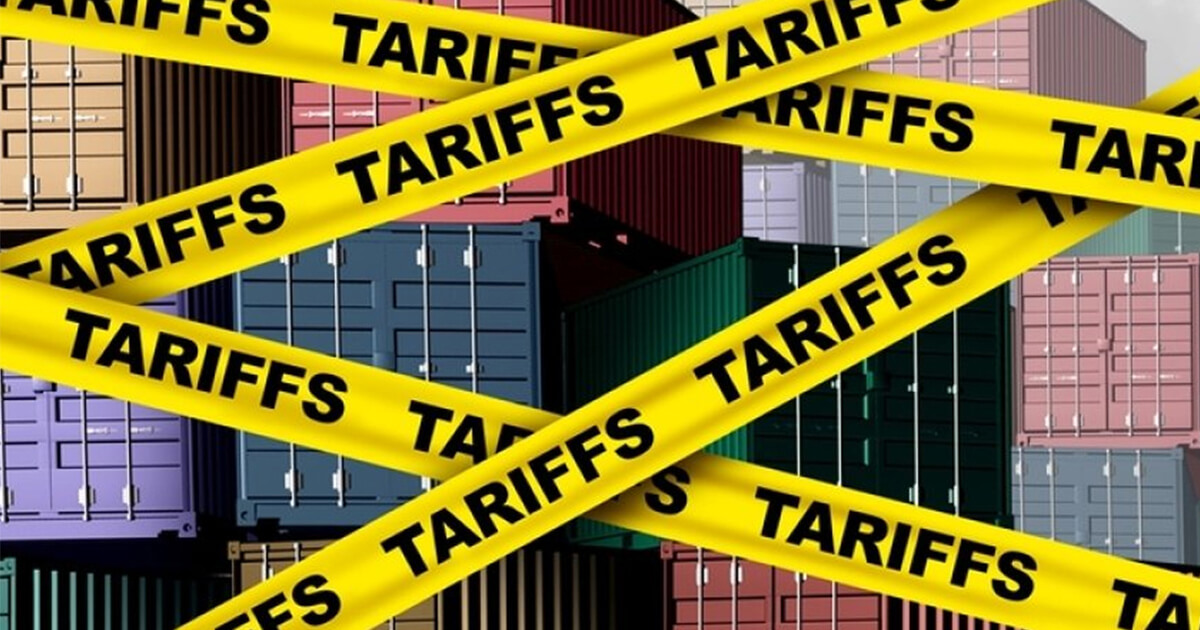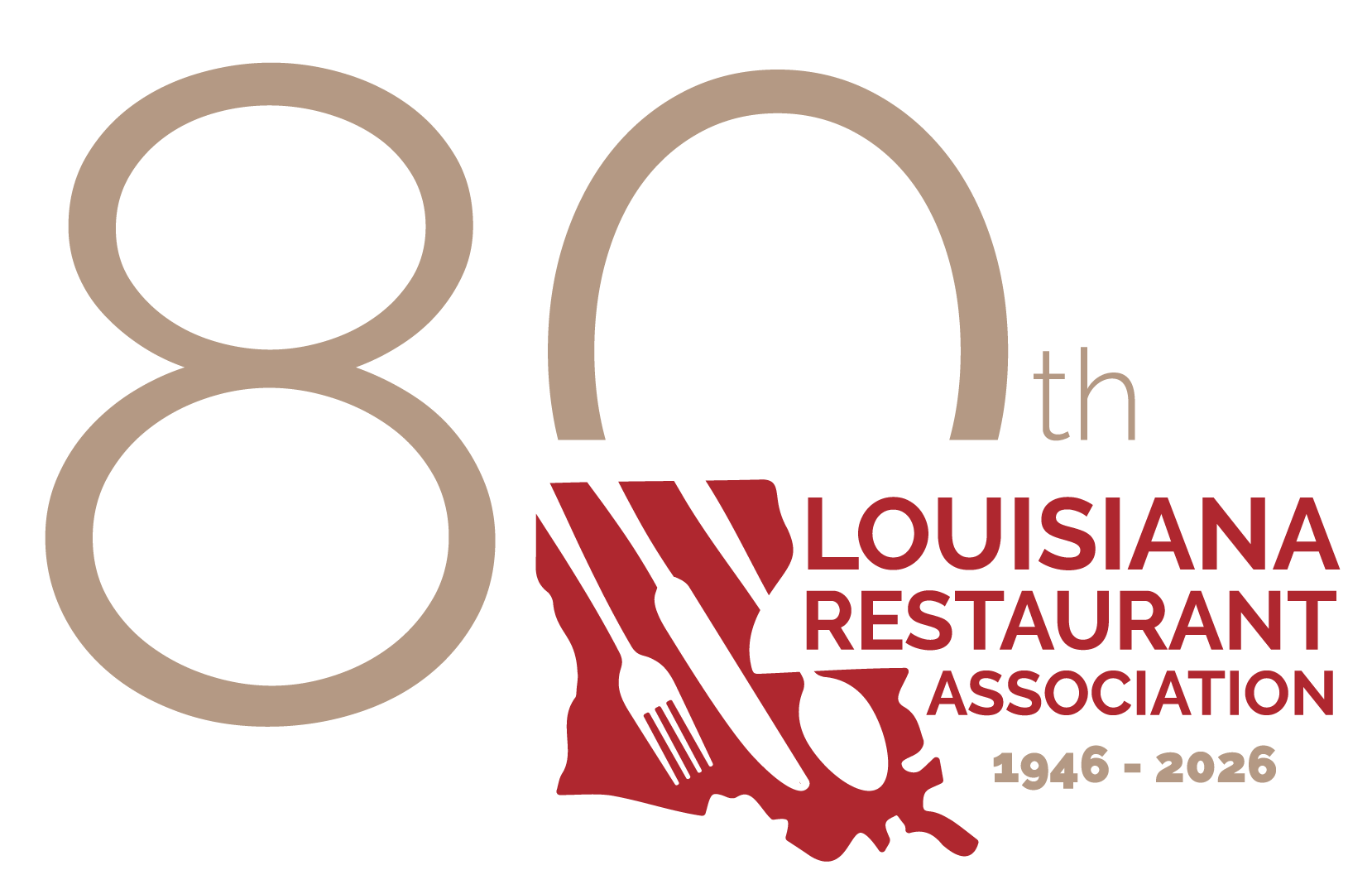Latest News
NRA Raises Alarm Over New Tariffs on Food and Beverages

Aug 6, 2025
The Trump Administration’s recent announcement of new tariffs on food and beverage imports is drawing serious concern from the restaurant industry. These changes, which go into effect this month, are expected to raise the cost of key ingredients—potentially impacting everything from coffee and wine to burgers and beef.
With wholesale food prices already up nearly 5% year-over-year, the National Restaurant Association (NRA) says the new tariffs will only add to the mounting pressure on restaurants operating on razor-thin margins.
Increased Costs, Hard Choices Ahead
In a statement released late last week, Michelle Korsmo, President & CEO of the NRA, warned that higher food and beverage costs will force many restaurants to make difficult decisions.
“Although we are still evaluating the full impact of these announcements, it is evident that these tariffs will increase the cost to access many important menu products,” said Korsmo. “Many operators may have no choice but to raise menu prices—something they are reluctant to do, knowing it may lead guests to dine out less often.”
According to the Association, fewer customers dining out has a ripple effect—jeopardizing small business operations, local jobs, and economic vitality in communities across the country.
What’s in the Tariff Update?
The Administration’s new Executive Order imposes varying tariff rates on goods from over 67 countries. Here's a summary of what’s changing:
- Canada: Tariff rate increased from 25% to 35%, though USMCA-compliant goods remain exempt.
- Mexico: 90-day pause on new tariffs as negotiations continue. USMCA-compliant goods still exempt; others remain at 25%.
- European Union: A new 15% tariff went into effect Aug. 1. European food, wine, and spirits are not exempt—a concern for many U.S. operators.
- Brazil: A 50% tariff begins Aug. 6. While aircraft and energy are exempt, coffee and beef are not.
- China: A new 90-day truce is pending final sign-off by President Trump. Deadline: Aug. 12.
A full list of affected countries and rates is available here.
Advocating for Exemptions
In both a press release and a formal letter to U.S. Trade Representative Jamieson Greer, the NRA urged the Administration to exempt food and beverage products from all tariff negotiations. The Association’s position is clear: food and beverage imports are not a major contributor to the trade deficit and should not bear the burden of these negotiations.
“We strongly advocate for exempting food and beverage items from tariff negotiations and ensuring USMCA-compliant goods remain exempt during ongoing talks with Mexico and Canada,” said Korsmo. “These measures will help safeguard small businesses, preserve jobs, and keep dining out affordable for families.”
A Call for Sensible Trade Policy
Restaurant operators are no strangers to challenges, from rising wages and insurance costs to labor shortages and supply chain issues. But this latest round of tariffs adds a new layer of complexity to an already tough business environment.
The Louisiana Restaurant Association joins the NRA in encouraging the Administration to consider more targeted and strategic trade policy—one that doesn’t penalize an industry that fuels jobs, tourism, and local economies nationwide.
As Korsmo put it:
“While restaurants are resilient, we require policies that enable us to continue serving our communities effectively.”
Read the July 29 letter to the U.S. Trade Representative here.
